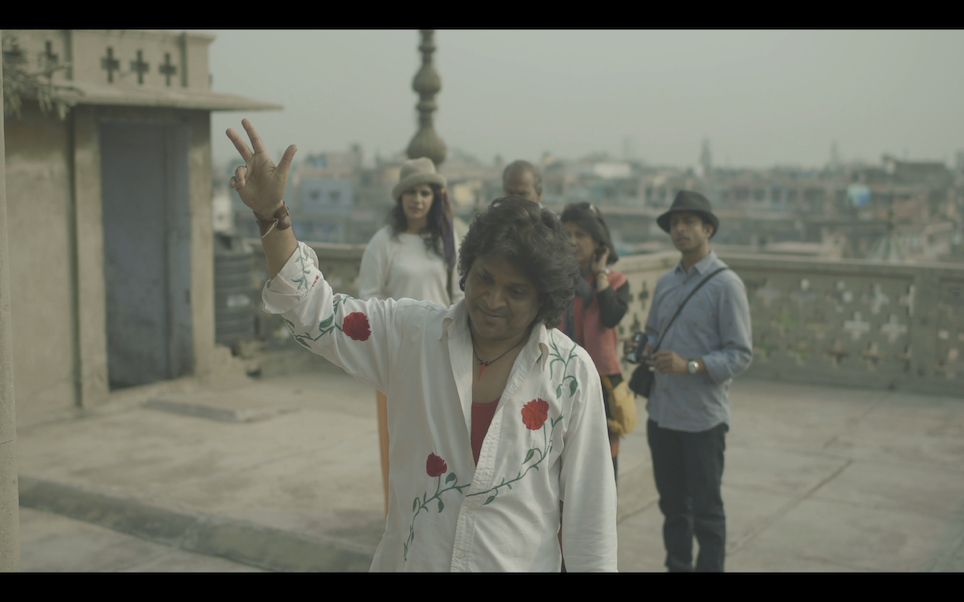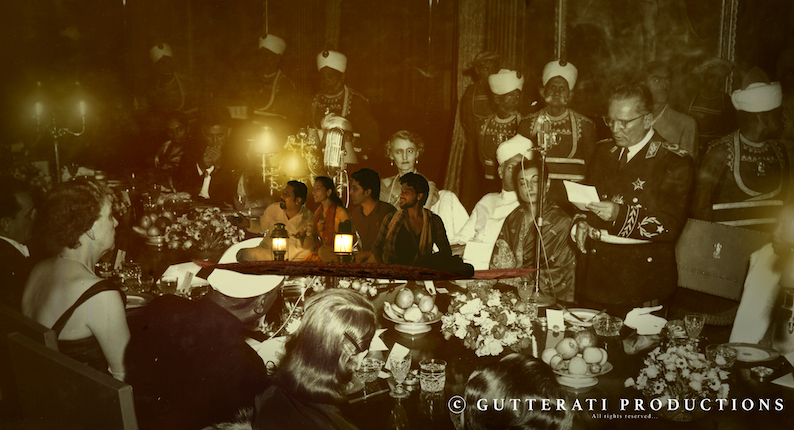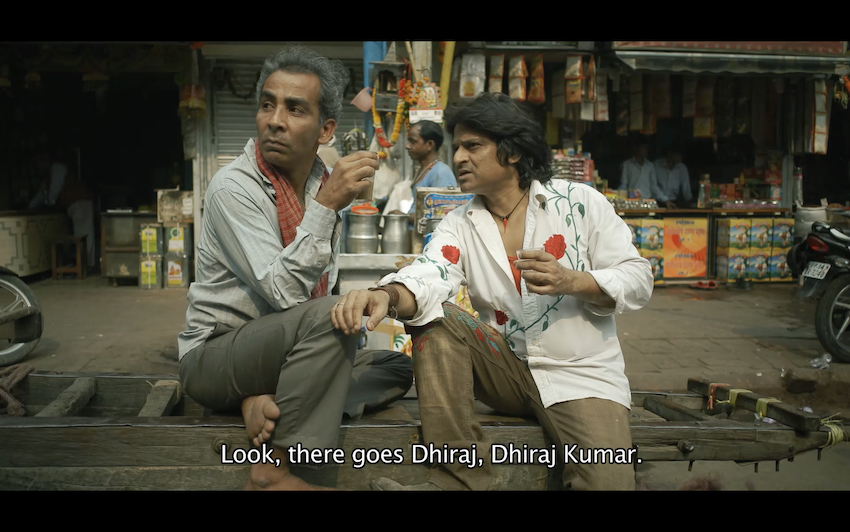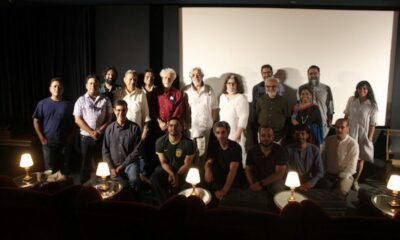Latest
Anamika Haskar’s award-winning debut feature, Ghode Ko Jalebi Khilane Le Ja Riya Hoon is slated for theatrical release on June 10, 2022
The film is produced by Gutterati Productions and distributed by Platoon One Films.
Published
2 years agoon

Veteran theatre personality Anamika Haksar’s directorial debut Ghode Ko Jalebi Khilane Le Ja Riya Hoon (Taking The Horse To Eat Jalebi) is slated for theatrical release in major Indian cities on 10th June 2022. Ghode Ko Jalebi Khilane Le Ja Riya Hoon had its World Premiere at Mumbai International Film Festival and was the only Indian film selected for the exclusive New Frontier section at Sundance Film Festival 2019. The film was slated to release in 2020 but got pushed due to the pandemic.
The film stars veteran theatre artists, Ravindra Sahu Raghubir Yadav, Lokesh Jain and K Gopalan and follows four main characters: a pickpocket, a vendor of sweet and savoury snacks, a labourer-activist, and a conductor of ‘Heritage Walks’. Patru, the pickpocket, decides to take people on alternative walks, showing them the underbelly of the city but this causes trouble with local merchants and the police. He decides to conduct one last ‘Dream Walk ‘When Lali, the labourer-activist, too joins the fray, giving a speech urging workers to unite, he lands them all in jail. The professional actors blend with 350 street people to create what seems like a surreal tale of truth.
The film has traveled to nearly 35+ international and Indian festivals and won 6 awards including, Best debut director, International Critics Jury Award, Best Script, Best Indian Cinema and special mention for cinematography.
Click here to watch the trailer:
The producer-director, Anamika Haksar who has waited for a long time for the theatrical release of her passion project says, “The film celebrates love and compassion of the people, their dreams, and humour. I couldn’t release it due to covid and I am now delighted to collaborate with platoon distribution for the India release.”
She adds, “The film is a result of seven years of documentation of the lives of the street people of old Delhi – beggars, pickpockets, loaders, small scale factory workers, street singers, street vendors etc. The team comes from different backgrounds: Theatre, Painting, Animation, Cinema and Special effects along with a very gifted cinematographer and videographer Saumyananda Sahi, the film will move from real landscapes to photographs to theatrical moments to painted landscapes to the absolute cinema, an exciting journey for all of us.”

The film is produced by Gutterati Productions and distributed by Platoon One Films. Ghode ko follows four main characters: a pickpocket, a vendor of sweet and savoury shacks, a labourer-activist and a conductor of heritage walks: We see Old Delhi through their eyes – their lives, hopes, aspirations, dreams – and hear it through their various languages and dialects. Patru, the pickpocket, decides to take people on alternative walks, showing them the underbelly of the city, they think they know, but this lands him in trouble with local merchants and the police. That’s where he finally decides to conduct one last Dream Walk. It is here that we enter the subterranean consciousness of the city’s migrant population. Together, these walks create a visual and aural history of Old Delhi from different points of view. And when Lali, the labourer-activist, too joins the fray, giving a speech urging workers to unite, he lands them all in jail… Fusing documentary-realism with magic-realism and true and fictionalised stories with poetry, history and dreams, Ghodeko… is a love-letter to the syncretic culture of Old Delhi, which is slowly losing itself amidst concrete and smog.

Also read: Tiger Shroff wraps the most challenging schedule of Ganapath in Leh Ladakh
This film is the brainchild of Anamika Haksar, an eminent theatre director in contemporary Indian theatre. Having trained first under Badal Sarcar and then B.V. Karanth at NSD, she was one of the few Indians to train at the State Institute of Theatre Arts, Moscow. These influences have led her down an uncompromising path of formal experimentation in theatre that has earned her a prominent place in the Indian Theatre Lexicon. She was awarded the Sanskruti award in 1995 for developing a new theatre language in India. She is one of the few theatre practitioners who was invited to the Kochi Biennale in 2016 to exhibit a theatre installation which was highly acclaimed. Now, having evolved a script of her love for the life and history of Shahjahanabad, Anamika seeks to bring her unique, tried and tested sensibility into the cinematic medium with a complex narrative about the old city.




